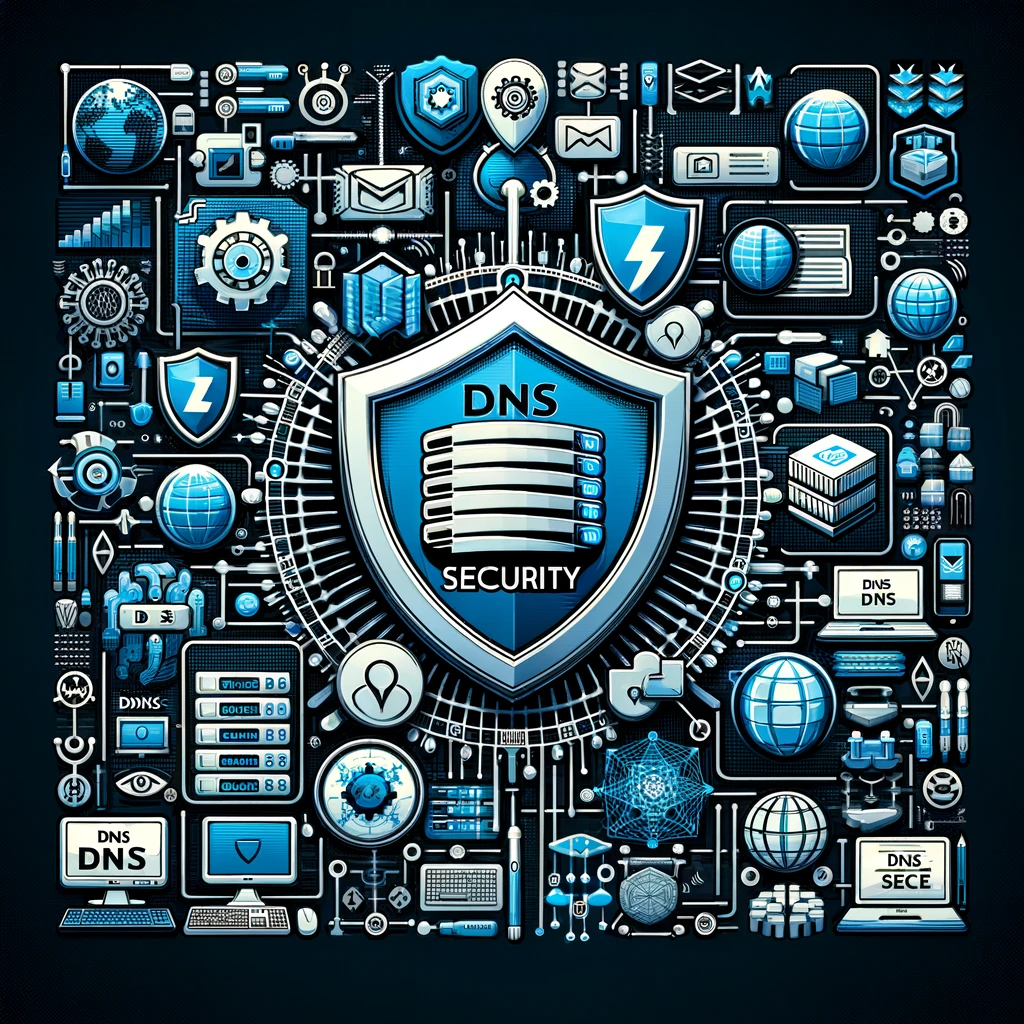
DNS (Domain Name System) is a fundamental component of the internet infrastructure, responsible for translating human-readable domain names into IP addresses that computers can understand. While DNS plays a critical role in ensuring smooth online communication, it is also vulnerable to various security threats. In this blog post, we will explore the importance of DNS security and how you can safeguard your online presence.
One of the primary concerns in DNS security is DNS spoofing or DNS cache poisoning. This attack involves altering the DNS records of a domain, redirecting users to malicious websites without their knowledge. To mitigate this risk, organizations can implement DNSSEC (DNS Security Extensions), which adds digital signatures to DNS records, ensuring their authenticity and integrity.
Another significant threat is DNS hijacking, where an attacker gains unauthorized control over a domain’s DNS settings, redirecting traffic to malicious servers. This can lead to data breaches, phishing attacks, or even complete website takedowns. To prevent DNS hijacking, it is crucial to regularly monitor and secure DNS accounts, enable two-factor authentication, and use strong, unique passwords.
Furthermore, DNS tunneling poses a severe risk to network security. Attackers can use DNS tunneling techniques to bypass firewalls and exfiltrate sensitive data from compromised systems. To detect and prevent DNS tunneling, organizations should deploy advanced network monitoring tools capable of identifying abnormal DNS traffic patterns.
Implementing a secure DNS resolver is another vital aspect of DNS security. By utilizing a reputable DNS resolver, you can enhance privacy, prevent DNS-based attacks, and block access to malicious websites. It is recommended to choose a DNS resolver that supports DNS over HTTPS (DoH) or DNS over TLS (DoT) protocols for encrypted communication.
It is worth mentioning that regular DNS auditing and monitoring are essential to identify any potential security vulnerabilities. By analyzing DNS logs and traffic, organizations can detect anomalous behavior, such as DNS queries from unauthorized sources or excessive DNS requests, indicating a potential attack.
In conclusion, DNS security is paramount in protecting your online presence and ensuring the integrity of your network. By implementing robust security measures, such as DNSSEC, monitoring DNS accounts, preventing DNS hijacking, detecting DNS tunneling, using secure DNS resolvers, and conducting regular audits, you can significantly reduce the risk of DNS-related security incidents. Safeguarding your DNS infrastructure is a critical step towards maintaining a secure and trustworthy online environment for your organization.
Stay Connected with Secure Debug
Need expert advice or support from Secure Debug’s cybersecurity consulting and services? We’re here to help. For inquiries, assistance, or to learn more about our offerings, please visit our Contact Us page. Your security is our priority.
Join our professional network on LinkedIn to stay updated with the latest news, insights, and updates from Secure Debug. Follow us here.







